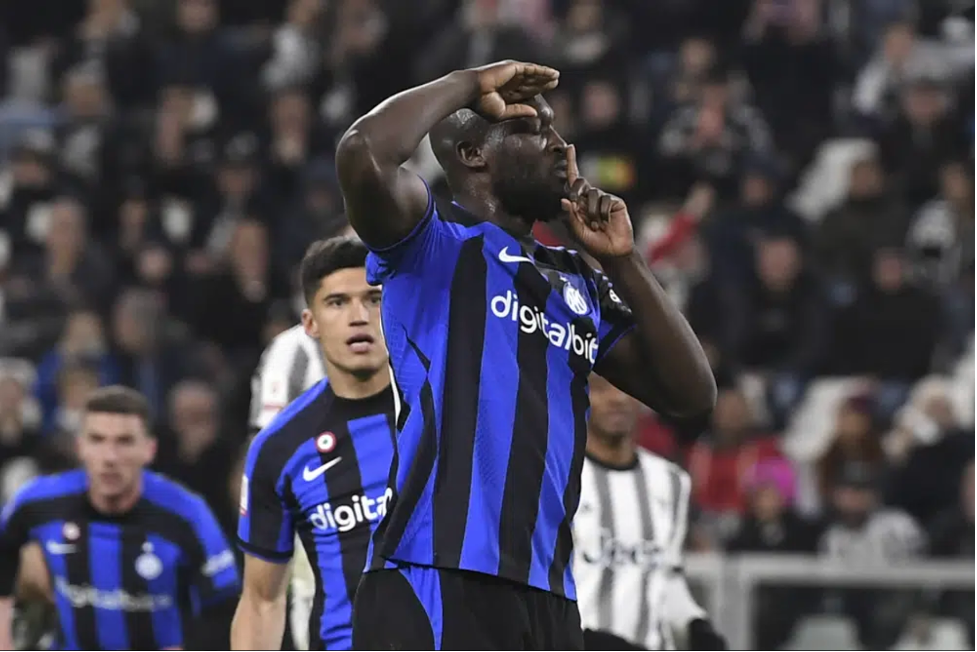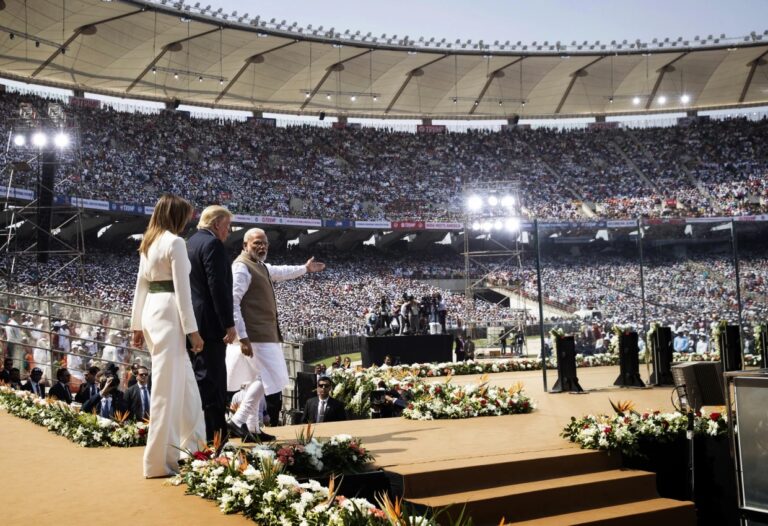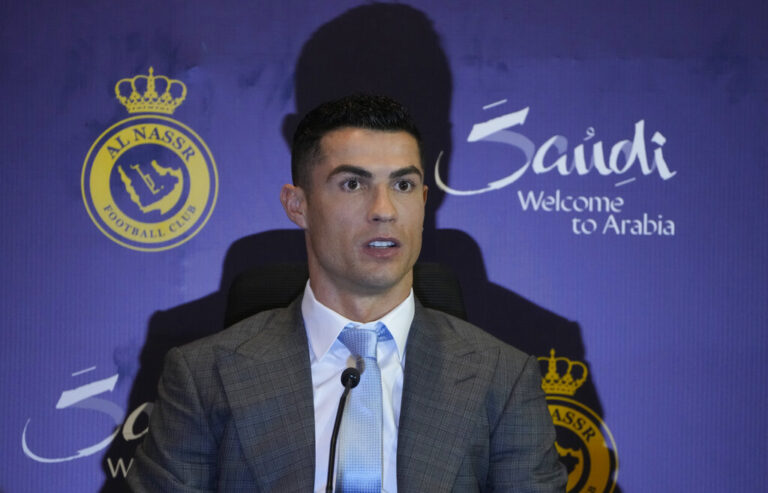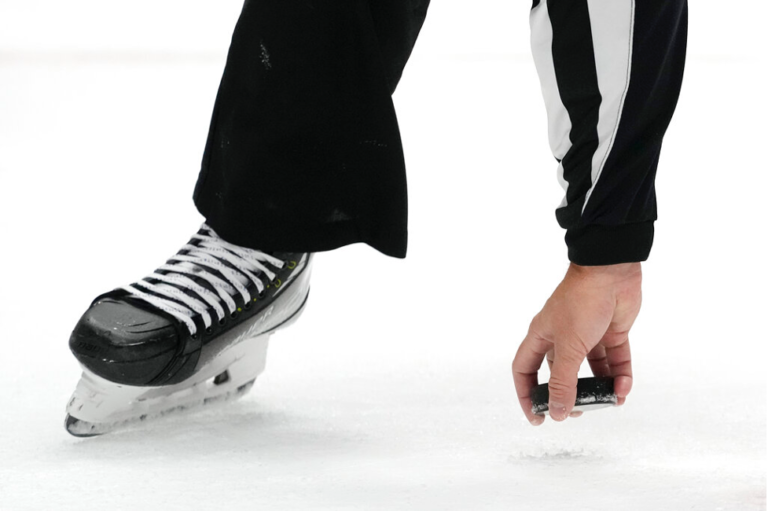
I first learned about racism through soccer.
“Say no to racism.” “Enough is enough.” “No room for racism.”
Those who watch the sport regularly will most likely recognize these phrases. They may also be aware that earlier this month, Inter Milan and Belgian striker Romelu Lukaku was sent off for an off-kilter celebration following a penalty against Juventus in the Copa Italia semi-final, allegedly as a response to opposing fans’ racist chants.
Having converted the penalty and tying up the first leg in stoppage time, Lukaku ran over to the stands and made a shushing gesture with one hand, and cupped his other hand around his ear.
He then received a red card and a consequent suspension. When he appealed the suspension to the Italian Football Federation, they rejected it.
What does that say about the Beautiful Game?
It is, unfortunately, a story all too familiar with the sport. Let us turn our attention to the birthplace of soccer, England. Long renowned for its imperialist conquests, as the former largest empire in world history, racism has long been an issue, especially as the United Kingdom’s racial diversity expanded following World War II and several subsequent decolonization movements. Those of African and Asian/Indian descent tend to be the most targeted demographic, and the issue still remains far too prevalent, despite relatively recent anti-discrimination efforts that began with the Race Relations Act of 1965.
Immigration legislation, in particular, has been subject to substantial criticism for its underlying racial undertones. Consider the 1981 British Nationality Act, which states that it is no longer sufficient to become a British citizen simply by being born on British soil. Combined with the 1971 Immigration Act, this created the notion of one’s ancestral connection to Britain being the contingent factor for citizenship. In other words, there are ‘tiers’ on one’s citizenship/residential status, which are undoubtedly racially based.
Naturally, in tandem with legislative discrimination comes social prejudice. Migrant workers remain a touchy subject among the British public. Racial abuse runs rampant throughout the British Isles; in fact, almost 84% of BAME (Blacks, Asians, and Minority Ethnic) Brits believe racism exists in the country. The percentage 30 years ago? 86%.
The narrative of racism clearly extends beyond any notion of patriotism, even during major sporting events, as we saw during the final of the 2021 European Championships, a continental soccer competition viewed as the second-largest international tournament after the World Cup. Following a penalty shootout where black English players Marcus Rashford, Jadon Sancho and Bukayo Saka missed their respective penalties, English social media erupted with a barrage of racial abuse against their players.
Imagine seeing that as one of the players. Following a gut-wrenching loss in a grueling tournament, while representing a nation that hasn’t won a major trophy since 1966.
Imagine seeing that as a black man with as much right to call yourself a Briton.
Imagine seeing that as an MBE who has dedicated yourself to ending child poverty by single-handedly reversing policy on free school meals for underprivileged children throughout the nation.
Yet the issue doesn’t stop in the UK. The issue did not stop with the Lukaku incident. In fact, Italian football had faced a similar issue the same day as the controversy in Turin, this time in Rome where Lazio supporters hurled anti-Semitic chants at local rivals AS Roma.
As expected, Italy faces similar, and arguably more severe, issues with racism as the UK. With a similar imperialist and colonial past, the two nations have followed similar trends. Italy has been comparatively slow to enact legislative change, with anti-discriminatory laws only picking up pace during the 1990s as an extension of the ratification of the International Convention on the Elimination of All Forms of Racial Discrimination, instituted in 1975.
Safe to say, it hasn’t changed much. The plethora of hate crimes and incidents prove so. A homeless Somalian named Ahmed Ali Giama who was burned alive in 1979. An NYU student who was affected by the racial abuse in Florence to the extent that she felt she had no option but to publicize her experience… 39 years later.
The fact remains that despite the legislative efforts that do exist against racism and discrimination, it still seems that very little has changed — whichever country it may be. Sure, we make a bigger deal of hate crimes. Sure, we now have the ability to protest against discriminatory policies. No doubt, these are big steps — but the fact remains that racism is still deeply integrated within society’s roots, as exemplified by soccer. The Italian Football Federation chose to prioritize the dignity of their sovereignty over a ball game, rather than maintain the anti-discriminatory narratives that we all say we stand by.
How is it that, on an individual level, we see so many people sending powerful messages, only for nothing to be done? Thierry Henry and Micah Richards, two former legends of the game who happen to be black, spoke on national television about the issue. Their message was heartfelt, powerful, and federations around the globe would have taken notice — the same way they did when the England national team stood up for their three players following the Euro 2021 final. How does this cry for change ring dull in the ears of organizations?
If we cannot trust a sports organization to uphold anti-racist beliefs, and let a man play a sport he loves and has built an entire career on without bearing consequences for standing up for his own rights, how can we expect other organizations to uphold them? Governments?
In retrospect, Romelu Lukaku’s gesture is much more profound than a response to a handful of fans. It represents a history of suppression and neglect from top organizations in the most popular sport around the world, one that mirrors the broader context in which we live — and will continue to live in without fundamental, profound change.
Shush.



